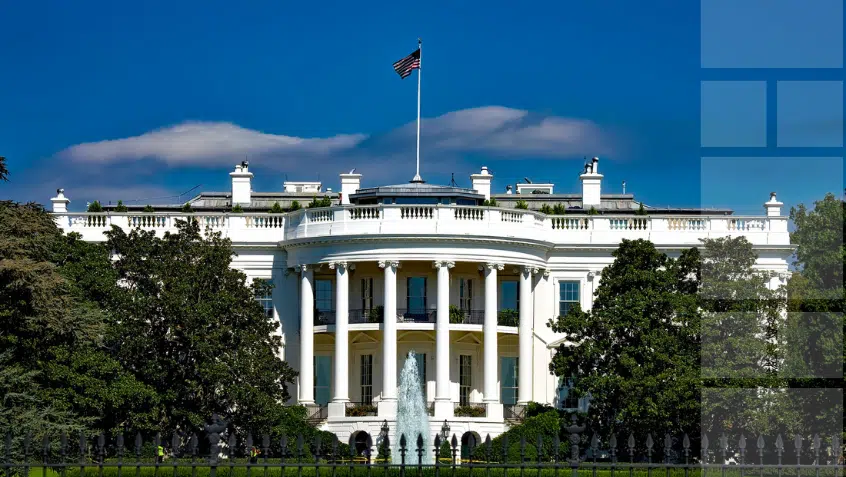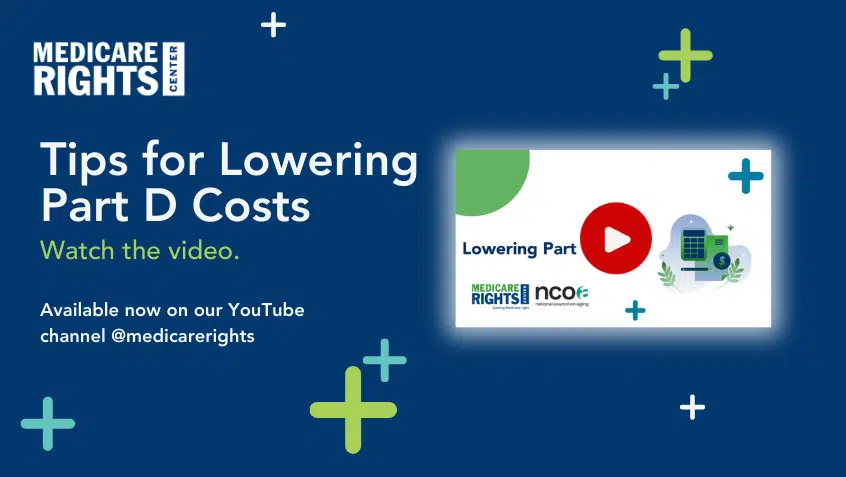Join Us Live for a Discussion on Medicare, Democracy, and the Future of Health Care
Prescription Drug Cost Reform is a Welcome Addition to the “Build Back Better” Budget Bill

In a significant reversal and landmark win for beneficiary advocates, lawmakers this week announced an agreement to add prescription drug reforms to the “Build Back Better” (BBB) budget reconciliation bill.
Medicare Rights applauds this development. The negotiated deal takes important steps to meaningfully improve prescription drug affordability for people with Medicare. Though its changes are less comprehensive than originally envisioned in the House bill H.R. 3, it retains that bill’s core elements by capping beneficiary out-of-pocket (OOP) drug costs; realigning Part D financial obligations; penalizing drug manufacturers for price hikes that outpace inflation; and allowing Medicare to negotiate drug prices.
Cap on Beneficiary Part D Costs. Like H.R. 3, the agreement would cap annual OOP Part D drug costs at $2,000 and allow beneficiaries to smooth cost-sharing over the calendar year. It would also limit monthly insulin copays to $35 for all Part D enrollees, essentially expanding the current Part D Senior Savings Model.
Medicare Part D Restructuring. Since capping OOP costs alone would not address the underlying issue of high drug prices, we appreciate that—also like H.R. 3—the BBB agreement seeks to do so through a Part D redesign. Both approaches would restructure Part D payment responsibilities to better incentivize drug plans to control costs and negotiate prices. This realignment would appropriately shift obligations away from beneficiaries and Medicare, likely improving both individual and program finances.
Inflation-Based Penalties in Part B and Part D. As in H.R. 3, the BBB agreement would try to further control drug costs by penalizing manufacturers whose prices grow faster than inflation. However, while H.R. 3 would have benchmarked those penalties to 2016, when inflation was about 2%‚ the new agreement uses 2021—and its much higher 5% rate of inflation. This change would allow companies to raise prices by about 5% every year without penalty.
Medicare Drug Price Negotiation. The basic structure of the BBB’s negotiation provision is like H.R. 3 in that it allows Medicare to negotiate the prices of certain prescription drugs. The similarities end there, however. The new agreement is more limited in scope and impact, applying to fewer drugs and saving fewer dollars. Nevertheless, its inclusion is a critical victory and the result of decades-long advocacy campaigns. It will have near-term and lasting impacts by forcing prices lower, easing access to care, and informing future policymaking.
Medicare Rights welcome these improvements. We continue to urge lawmakers to further strengthen the BBB, and we continue to need your help! Now is the time to keep up the pressure. Tell your lawmakers the final budget bill must strengthen Medicare by expanding access to dental, vision, and hearing services as well as by capping and lowering prescription drug costs. These urgently needed and overwhelmingly popular reforms would improve affordability, bring Medicare more in line with other coverage, and advance equity.
Show Comments
We welcome thoughtful, respectful discussion on our website. To maintain a safe and constructive environment, comments that include profanity or violent, threatening language will be hidden. We may ban commentors who repeatedly cross these guidelines.
Help Us Protect & Strengthen Medicare
Donate today and make a lasting impact
More than 67 million people rely on Medicare—but many still face barriers to the care they need. With your support, we provide free, unbiased help to people navigating Medicare and work across the country with federal and state advocates to protect Medicare’s future and address the needs of those it serves.
The Latest
Most Read
Add Medicare to Your Inbox
Sign up to receive Medicare news, policy developments, and other useful updates from the Medicare Rights.
View this profile on InstagramMedicare Rights Center (@medicarerights) • Instagram photos and videos









